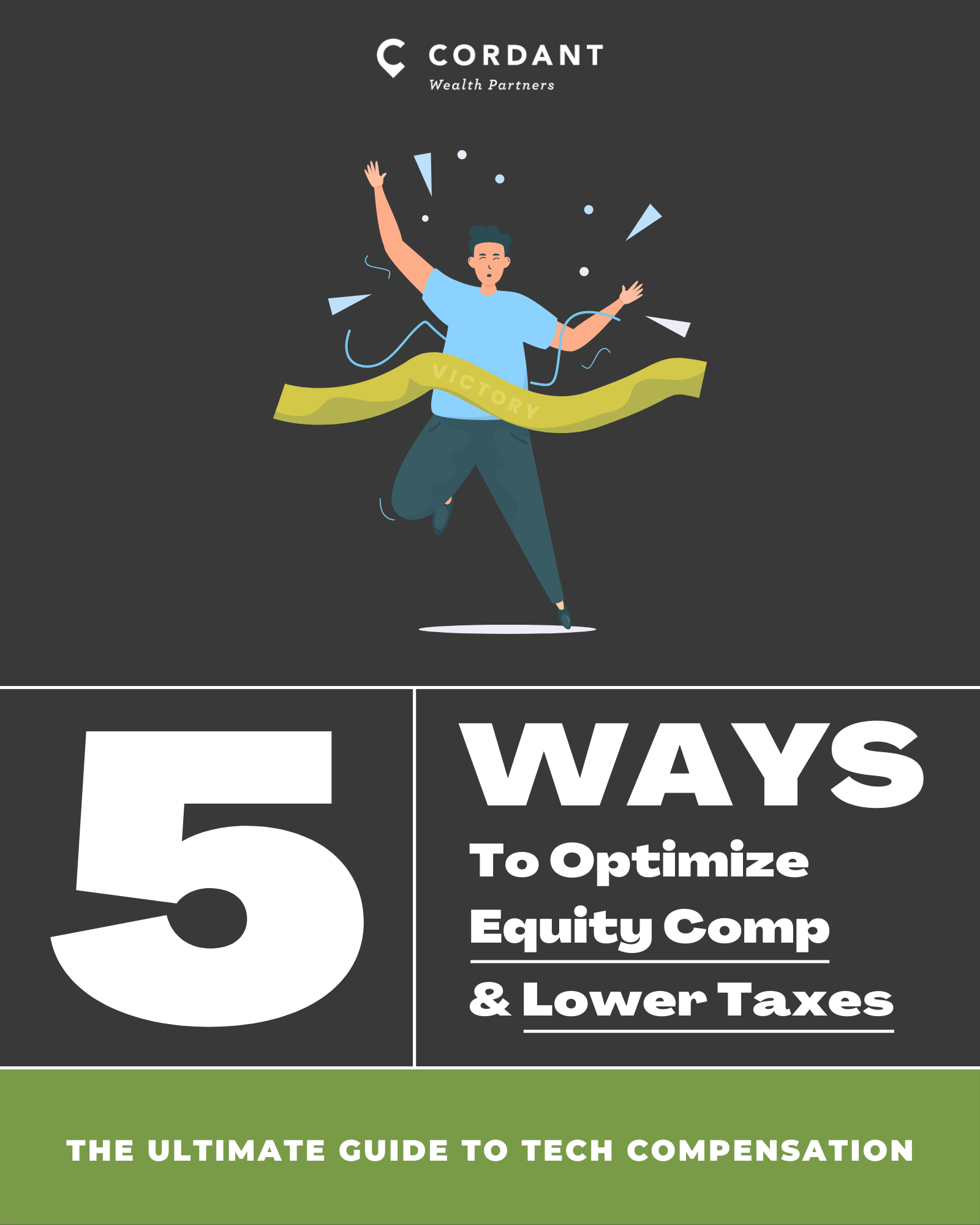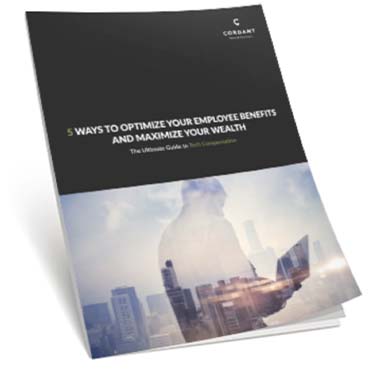Every couple of months I come across an article warning consumers of the perils of timeshares. Simply Google “Are timeshares worth it?,” and you will find dozens of articles and posts on the subject. Most of these articles detail why a timeshare is a “bad investment,” and usually the analysis is correctly assuming the purpose of the purchase is monetary gain. Radio personality Dave Ramsey goes as far as to say, “The first word that should come to your head when you hear the word timeshares should be RUN! Run far, far away!”
Yet, we have several clients who are VERY happy with the timeshares they own. These clients use them regularly, they are not sore when it comes time to pay annual fees, and they have no intention of “getting out from under” their timeshare. With that in mind, I thought it would be helpful to share here what it is that these timeshare owners have in common because it consistently boils down to three commonalities:
- They don’t view it as an investment for monetary gain.
Clients that enjoy their timeshares are not hoping to recoup their monetary investment, they are hoping to enjoy their timeshare. They see it simply as an investment in enjoyment.
The reality is that supply and demand dictate price and there is no shortage of supply in the timeshare market. The result is that timeshares can be very difficult to sell. Further, in addition to the purchase price, there are annual fees and periodic assessments which have to be paid whether or not the timeshare is used. Those fees and assessments are a lot less painful if one is actually using and enjoying the property.
- They knew what they wanted when they purchased it.
Because timeshares are better suited as an investment in enjoyment, people are more likely to be happy with their purchase, if they knew what they wanted when they entered the purchase agreement (i.e., they knew what they enjoyed when they bought it). It only makes sense that if you know you love going to the same destination with your family each year, love playing certain golf courses, or walking a particular stretch of beach, there would be value in buying a place to be in that location year-after-year.
Further, clients that enjoy their timeshares consistently cite the value in eliminating the hassle of picking a place to book each year and removing the anxiety of the uncertainty in booking accommodations. Obviously, the value of eliminating hassles and anxieties like this is going to be different for different people, but those who know going into their purchase that they are greatly affected by these types of hassles and anxieties find more enjoyment-value in their investment.
- They would be less likely to go if they didn’t “own” the timeshare.
Essentially, owning the timeshare incentivizes them to take a vacation. One client summarized it like this: “it was just easier to make one big decision to go on vacation for many years than many small ones each year.” She explained that she and her husband spent so much of their working lives trying to save, that even now that she is confident she has enough saved, she finds it difficult to rationalize a vacation. She explained that she was comfortable paying “extra” for her timeshare to lock-in to the idea that they would go to the place they love each year. She said if they didn’t do it this way, they would consistently find reasons not to go.
At Cordant, we consistently advise clients to think about their wealth as a means to achieve their objectives. I think it’s safe to say, any investment will have a higher likelihood of perceived success if you know going in what you are hoping to get out of it. Timeshares are no different. Many of the articles I mentioned in the Google search at the beginning of this post are correct: timeshares can be expensive, the contract terms can be opaque, and they can be tough to sell. Despite these drawbacks, however, for some, they can provide a great deal of enjoyment. If you are thinking about purchasing a timeshare or making any investment for that matter, be sure that you are thinking about what you want to get out of it.


